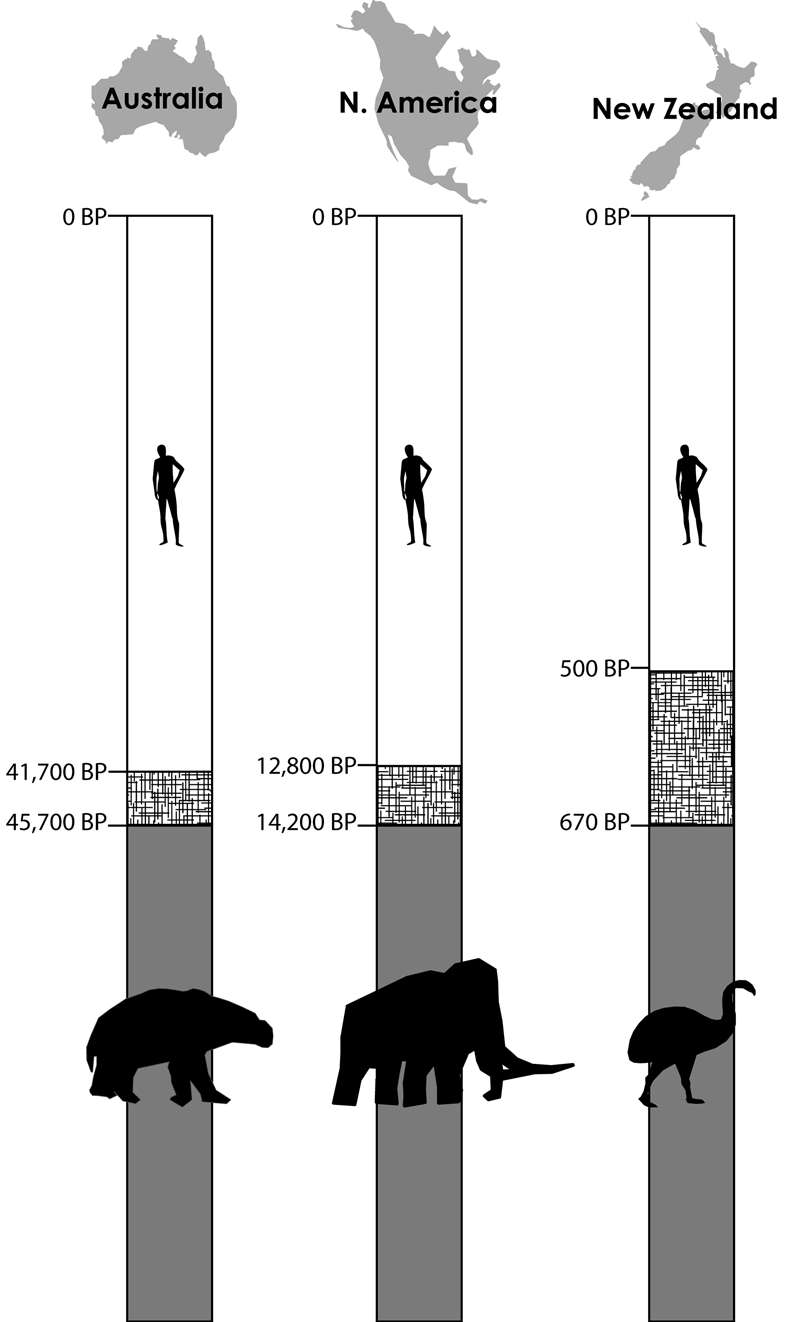

a surprising turn in the narrative of human evolution. For many years, researchers have assembled the tale of how the initial humans arrived in the Americas through groundbreaking archaeological and genetic studies. Nevertheless, bones found in Colombia have complicated the timeline for South America. These remains are believed to belong to a tribe that inhabited the Bogotá Altiplano area for millennia. DNA extracted from these bones does not exhibit any distinct genetic relationship to either contemporary or ancient Colombians.
This investigation was published in a 2025 edition of the ScienceAdvances journal under the title “A 6000-year-long genomic transect from the Bogotá Altiplano reveals multiple genetic shifts in the demographic history of Colombia.” It assembled a global team of scientists to uncover what transpired with this enigmatic tribe.
Up until this point, researchers had surprisingly limited knowledge regarding the ancient genetic background of Colombia. Although some studies had examined mitochondrial DNA, which is inherited from mothers, a comprehensive analysis of complete genomes from this area had yet to be undertaken. The team examining these remains, dated to be as old as 6,000 years, aimed to thoroughly reconstruct the genetic history of this locale, including the origins of these people and their connections to the modern inhabitants of South America.